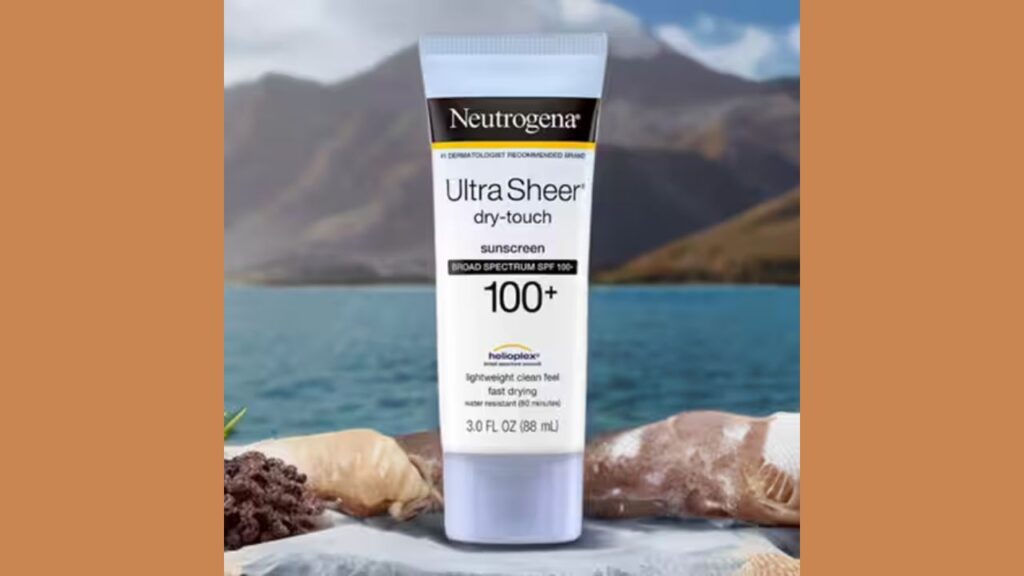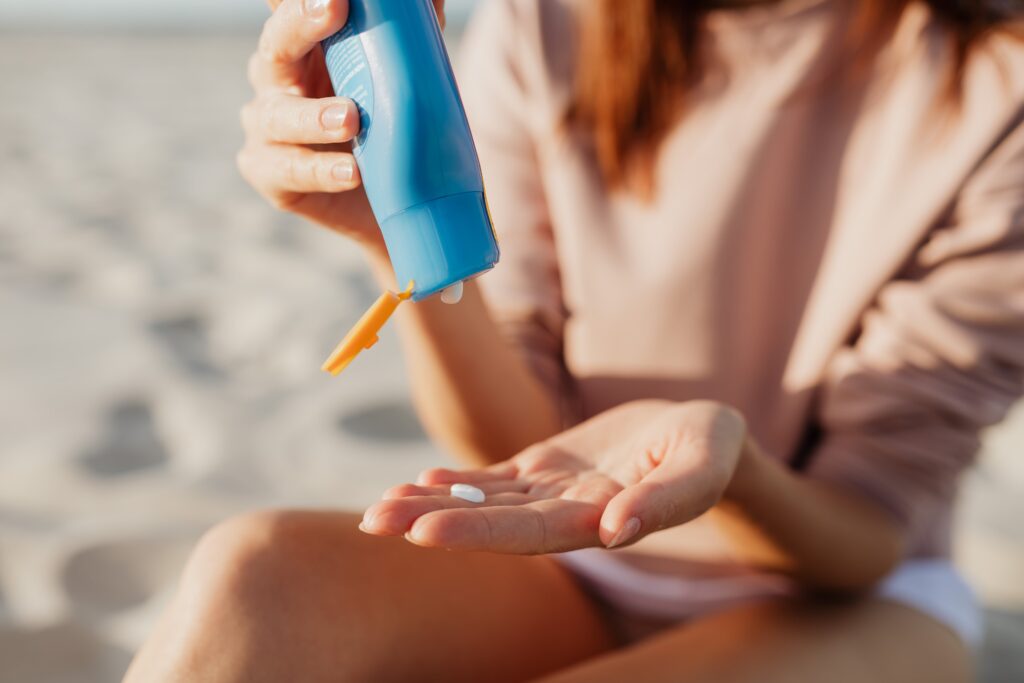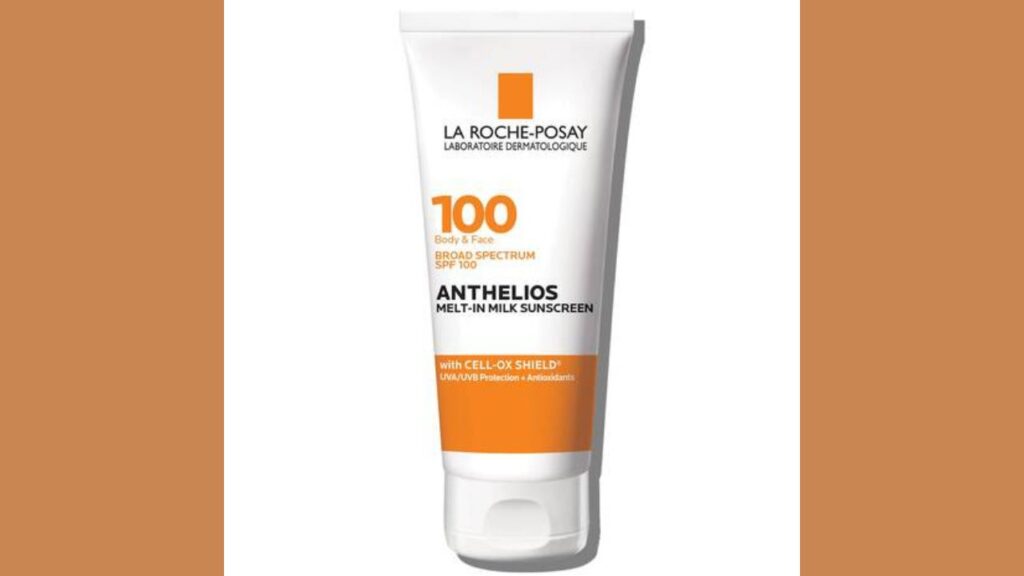
Why Is SPF 100 Illegal? SPF 100 is not illegal; it’s the highest sun protection factor available. However, its efficacy plateaus compared to lower SPFs.
Are you looking for clarity in the realm of sun protection amidst the multitude of options and conflicting information?
Amidst this confusion, a persistent question arises: Is SPF 100 sunscreen illegal? Let’s unravel the truth behind this claim and explore the nuanced landscape of its legality and implications.
Table of Contents
Understanding SPF 100
Contrary to popular belief, SPF 100 sunscreen is not universally illegal. Its legality is primarily determined by regulatory guidelines governing labeling and marketing practices rather than outright prohibition.
Regulations regarding SPF 100 vary by jurisdiction, with some countries imposing restrictions on how these products can be advertised and labeled to prevent consumer misinformation.
For instance, in the United States, the FDA closely regulates sunscreen labeling to ensure that SPF values accurately reflect a product’s efficacy. [Why Is SPF 100 Illegal?]
While SPF 100 sunscreens are available in many markets, they may face heightened scrutiny regarding advertising claims and labeling to avoid misconceptions about their effectiveness.
Regulatory Landscape:
| Jurisdiction | Regulatory Approach |
| United States | FDA oversees sunscreen labeling to ensure accuracy of SPF |
| European Union | Regulations may vary by member state regarding SPF 100 |
| Australia | SPF 100 sunscreens subject to regulations on labeling |
| Canada | Health Canada monitors SPF 100 labeling and marketing |
| Japan | Regulations in Japan may dictate how SPF 100 is advertised |
Although SPF 100 sunscreens are lawfully sold in many areas, users should be mindful of any discrepancies in labeling and regulatory variances.
Making educated judgments about sun protection can be aided by consumers having a better understanding of the regulatory organizations’ role in monitoring sunscreen labels.
Through regulatory familiarity and critical assessment of product claims, consumers may make sure they are choosing sunscreen products that fulfill their requirements and expectations.
See Also: Does Vitamin C Prevent Skin Sagging? The Secret Solution

Efficacy Debate
Scientific Scrutiny
Numerous scientific studies have raised doubts regarding the incremental benefits of SPF values beyond 50. While it’s true that higher SPF sunscreens do offer increased protection, the additional protection provided by SPF 100 compared to lower SPF values is marginal at best.
This finding has sparked considerable debate within the scientific community and among regulatory bodies, leading to a reevaluation of the necessity and practicality of SPF 100 formulations.
Questioning Necessity and Practicality
With the minimal gains in protection observed beyond SPF 50, questions arise regarding the necessity of SPF 100 formulations. Critics argue that the pursuit of ever-higher SPF values may create a false sense of invulnerability among consumers.
This could lead individuals to rely solely on sunscreen while neglecting other essential sun-safe practices, such as seeking shade, wearing protective clothing, and reapplying sunscreen regularly.
Moreover, there is concern that the allure of SPF 100 may encourage users to spend longer periods in the sun than recommended, erroneously believing they are fully protected.
As such, the efficacy of SPF 100 sunscreen is not only a matter of its ability to shield against UV rays but also hinges on its influence on consumer behavior and adherence to comprehensive sun protection measures.
See Also: What Color Is Dead Skin? The Palette of Dead Skin
Balancing Benefits and Risks
The crux of the debate surrounding SPF 100’s efficacy lies in the balance between its perceived benefits and potential risks.
While SPF 100 sunscreen does offer heightened protection, the incremental gains may not justify the associated drawbacks. [Why Is SPF 100 Illegal?]
Moreover, the risk of fostering complacency among users and promoting risky sun exposure behavior must be carefully weighed against the perceived benefits of higher SPF values.
Ultimately, the efficacy of SPF 100 sunscreen is contingent not only on its ability to provide enhanced protection but also on its impact on consumer behavior and overall sun safety practices.
Navigating Consumer Understanding
Central to the efficacy debate is the need for consumers to understand the limitations of SPF 100 sunscreen.
Educating individuals about the importance of holistic sun protection and the complementary role of sunscreen alongside other preventive measures is crucial.
By promoting a nuanced understanding of sun safety, consumers can make more informed choices about sunscreen use and adopt behaviors that optimize skin health and safety.

Consumer Misunderstandings
The misperception that SPF 100 provides total protection against damaging UV radiation may be the source of its allure. Yet depending solely on a product with a high SPF rating is not enough to provide good sun protection.
Applying sunscreen correctly is essential; make sure it’s liberally and uniformly applied to all exposed skin areas. [Why Is SPF 100 Illegal?]
Moreover, reapplication is required to ensure sufficient protection all day, particularly after swimming, perspiring, or prolonged sun exposure. Furthermore, it’s critical to realize that sunscreen is not a complete UV radiation protection solution.
A comprehensive sun protection program must include complementary sun-safe behaviors including wearing protective clothes, looking for shade during the hottest parts of the day, and using wide-brimmed hats and sunglasses.
By addressing these misunderstandings and emphasizing the importance of holistic sun safety measures, consumers can make more informed decisions to safeguard their skin health.
See Also: How To Get Darker Skin Safely At Home: 7 Best Methods
Environmental Concerns
Chemical UV filters like oxybenzone and octinoxate, which have been shown to endanger marine ecosystems, are frequently present in high-SPF sunscreens.
These substances have the potential to build up in coastal waters, which could harm other marine life as well as cause coral bleaching and disturbance to coral reproduction.
The environmental effects of sunscreen use highlight the wider consequences of sunscreen formulas on marine species and ecosystem health, even if they are not immediately related to the legality of SPF 100.
The demand for environmentally friendly sunscreen substitutes for conventional chemical sunscreens is becoming more and more apparent as worries about marine pollution and the loss of coral reefs grow.
Mineral-based sunscreens that contain titanium dioxide or zinc oxide provide strong UV protection without posing the same environmental hazards as chemical UV filters.
By choosing reef-safe sunscreen options and advocating for sustainable sunscreen practices, consumers can play a role in mitigating the detrimental effects of sunscreen pollution on marine environments.

Regulatory Responses
Global regulatory agencies have acted proactively to reduce possible dangers and guarantee consumer safety in response to mounting concerns about high-SPF sunscreens. Examining the specifications for sunscreen product labels is a crucial component of regulatory initiatives.
Regulatory bodies seek to avoid deceptive statements that could lead to consumer confusion by instituting explicit criteria on the presentation of SPF values on product labels.
For instance, additional disclosures or cautions for products with SPF levels above a specific threshold—such as SPF 50 or SPF 50+—may be mandated by certain jurisdictions.
This aids in communicating the limitations of high-SPF sunscreens and encourages consumers to have reasonable expectations about their effectiveness.
Regulatory agencies are also actively involved in teaching the public about sun protection and the value of selecting sunscreen products that are appropriate.
This entails spreading knowledge about the appropriate methods for applying sunscreen, the importance of reapplying, and the contribution of complementary sun-safe behaviors to the reduction of sun damage.
Regulatory bodies seek to encourage responsible sunscreen usage and educate consumers by providing them with accurate and easily available information. [Why Is SPF 100 Illegal?]
Promoting the use of broad-spectrum sunscreens with balanced SPF values is another aspect of regulatory activities. Broad-spectrum sunscreens cover a wider range of possible sun-induced skin harm by providing protection against both UVA and UVB radiation.
Regulatory organizations seek to guarantee that consumers obtain complete sun protection while minimizing the possible dangers associated with high-SPF products by promoting the adoption of broad-spectrum formulations.
This approach emphasizes the importance of striking a balance between efficacy and safety in sunscreen selection.
Frequently Asked Questions (FAQs)
Is SPF 100 Sunscreen Illegal?
No, SPF 100 sunscreen isn’t universally illegal. Its legality varies by jurisdiction, subject to regulatory guidelines on labeling and marketing. [Why Is SPF 100 Illegal?]
Does SPF 100 Sunscreen Provide Significantly Better Protection Than Lower SPF Options?
While SPF 100 offers increased protection, benefits beyond SPF 50 are minimal. Proper application and sun-safe practices are crucial for effective protection.
Are There Any Environmental Concerns Associated With SPF 100 Sunscreen?
High-SPF sunscreens contain chemicals harmful to marine life, contributing to coral reef degradation. While not illegal, using reef-safe alternatives can mitigate environmental impact.
Conclusion: Why Is SPF 100 Illegal?
In wrapping up, it’s clear that while SPF 100 sunscreen isn’t illegal, the debate around it brings up bigger issues about how effective sun protection really is, how well consumers understand it, and its impact on the environment.
By staying informed and practicing sun-safe habits, we can do our part to protect ourselves and the planet from the sun’s harmful rays.

certainly like your website but you need to take a look at the spelling on quite a few of your posts Many of them are rife with spelling problems and I find it very troublesome to inform the reality nevertheless I will definitely come back again
I simply could not go away your web site prior to suggesting that I really enjoyed the standard info a person supply on your guests? Is going to be back incessantly to investigate cross-check new posts.
eski rahatiniz olmayacak tthighereduhryyy.GGSR3DRkWsA
Your content always manages to captivate and educate me. Keep up the fantastic work!